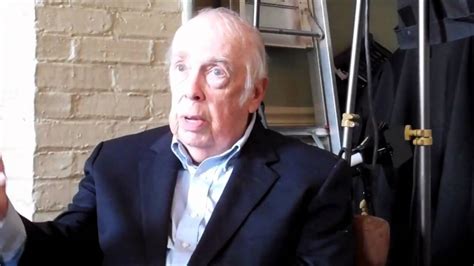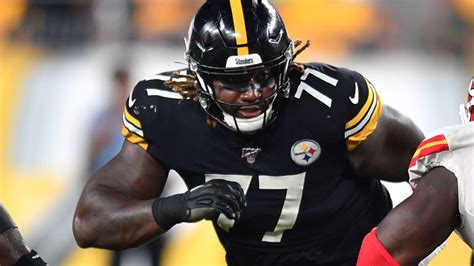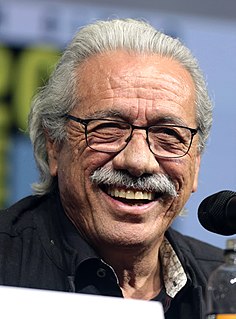A Quote by M. Stanton Evans
In 1775, no fewer than nine colonies had established churches, ranging from Congregational establishments in New Hampshire, Connecticut and Massachusetts to Episcopal churches in the southern states from Maryland on down.
Related Quotes
The churches that are growing and thriving are churches that I would call evangelical and orthodox for the most part in their beliefs. They are churches that tend to evangelize ... and encourage their people to share their faith. These are the churches that are actually growing. The ones that are shrinking are the ones that are compromising and watering down what the word of God says.
There was the strangest combination of church influence against me. Baker is a Campbellite; and therefore, as I suppose with few exceptions, got all of that Church. My wife had some relations in the Presbyterian churches, and some in the Episcopal churches; and therefore, wherever it would tell, I was set down as either one or the other, while it was everywhere contended that no Christian ought to vote for me because I belonged to no Church, and was suspected of being a Deist and had talked of fighting a duel.
We've sued out-of-state power plants that are polluting our air and led a coalition of attorneys general from Connecticut, Delaware, Maryland, and Massachusetts against efforts in the U.S. House of Representatives to remove critical environmental regulations that protect New York communities from toxic pollution.
What James Madison and the other men of his generation had in mind when they wrote the First Amendment was that there should be no official relationship of any character between government and any church or many churches, and no levying of taxes for the support of any church, or many churches, or all churches, or any institution conducted by any of them.
But I must add that the U.S. government must not, as by this order, undertake to run the churches. When an individual, in a church or out of it, becomes dangerous to the public interest, he must be checked; but let the churches, as such take care of themselves. It will not do for the U.S. to appoint Trustees, Supervisors, or other agents for the churches.































